Limits of Bargaining —— Capital, Labour And The State In Contemporary India
----- 讨价还价的限制:当代印度的资本、劳动力和国家
Limits of Bargaining is an original addition to the political economy analysis of capital-labour relations in the organised industrial sector in the context of economic liberalisation in India. It analyses the dynamics of the capital-labour bargaining process in the context of the changing nature of the state and market as a result of adoption of policies of liberalisation and globalisation for the last two and half decades. It examines the nature of collective bargaining and analyses the underlying structural-political conditions that shape the capital-labour relations. Based on original empirical material from West Bengal, a state long considered pro-labour, the book presents bargaining between capital and labour as endogenous to the interplay of the triad of the market, technology and the institutions of the state. It illustrates everyday interactions between labour and management, different unions and outside actors that shape collective bargaining, and highlights the negotiation, appropriations and compromises that shape bargaining at the operational level.
{{comment.content}}
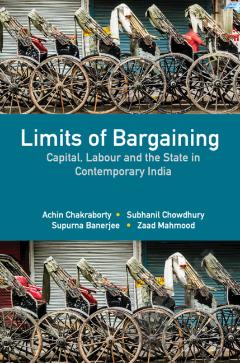
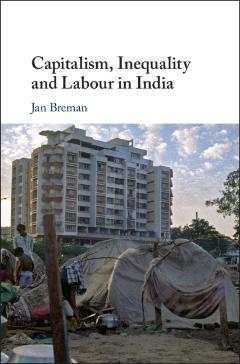

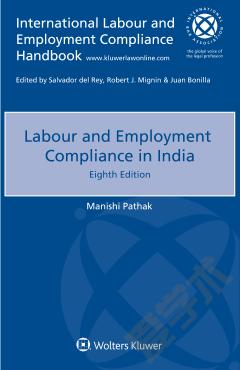
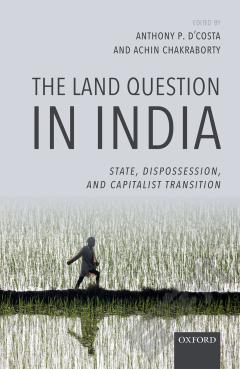
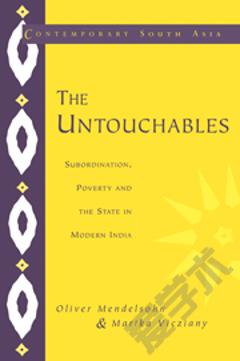


 京公网安备 11010802027623号
京公网安备 11010802027623号